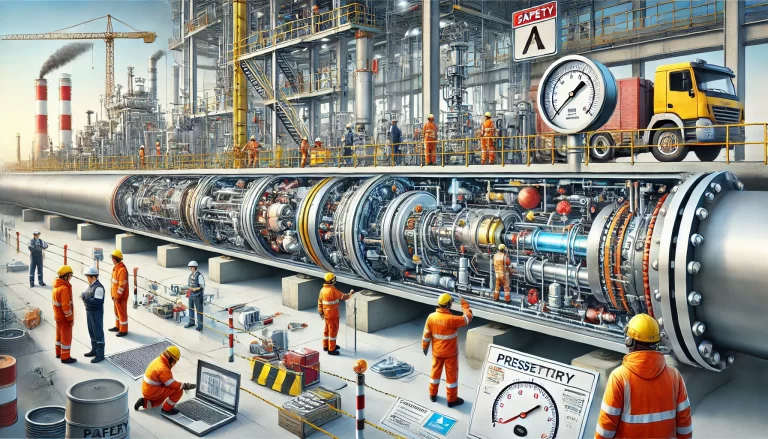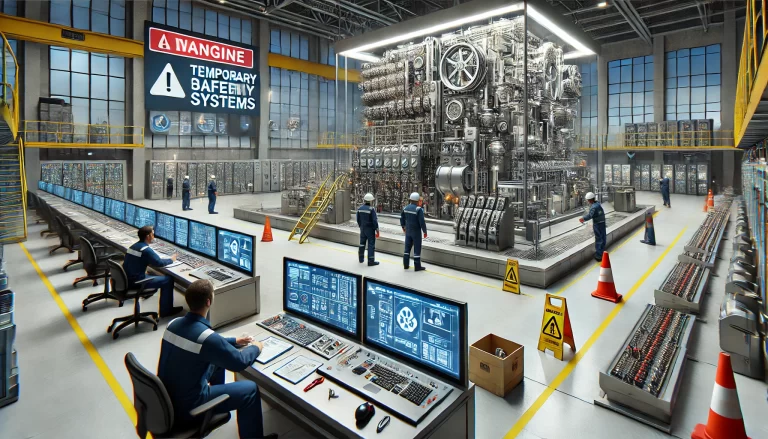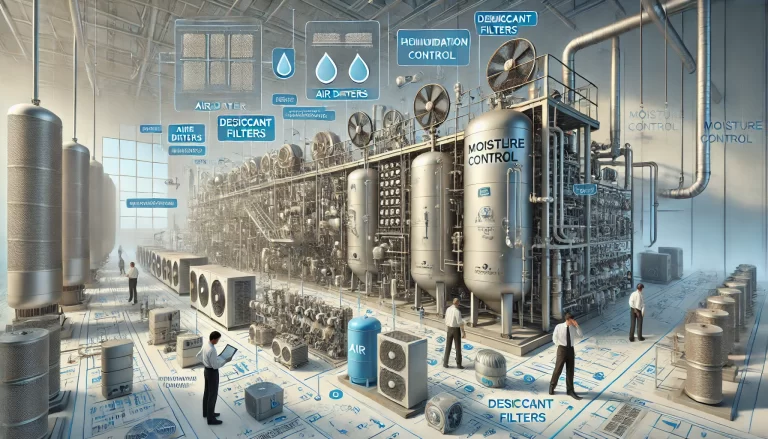In the career progression of instrumentation maintenance personnel, two key roles often emerge: Team Leader and Technician (or Engineer). While both positions are essential to daily operations, they differ significantly in focus, responsibilities, and required competencies.
This article provides a structured comparison between the two roles, helping readers understand how they complement each other within an industrial organization.

1. Role of the Instrumentation Team Leader
🔹 Responsibilities
Instrumentation team leaders serve as the critical link between senior management and frontline technicians. They focus primarily on managing people, tools, and tasks on-site, ensuring that maintenance activities are executed efficiently and safely. Their key responsibilities include:
Assigning tasks and overseeing daily operations
Leading safety briefings and enforcing safety protocols
Monitoring team performance and conducting basic technical training
Coordinating with engineers and other departments
Reporting incidents and participating in investigations
🔹 Organizational Value
Team leaders are part of the execution layer in a company. Their leadership directly affects workforce morale, job efficiency, and safety. In many organizations, leadership experience as a team leader is considered essential for promotion to higher management levels.
🔹 Key Competencies
Strong communication and coordination skills
Leadership under pressure
Ability to implement and enforce safety regulations
Basic understanding of instrumentation systems

2. Role of the Instrumentation Technician
🔹 Responsibilities
Instrumentation technicians (or engineers) focus on the technical aspects of instrumentation systems, ensuring the accurate and stable operation of devices used in process monitoring and control. Their main tasks include:
Instrument Selection & Maintenance
Select proper instruments based on process requirements
Perform regular inspections, calibration, and troubleshooting
Technical Planning & Procurement
Prepare procurement specifications and technical upgrade plans
Plan for automation and intelligent system upgrades
Drawing Review & Construction Support
Verify instrumentation drawings and specifications
Support installation and commissioning by solving technical issues
Quality Control & Progress Monitoring
Inspect installation and test results
Track progress of procurement, installation, and commissioning
Standard Development & Training
Develop SOPs and maintenance procedures
Conduct technical training for new staff
Data Collection & Fault Diagnosis
Collect operational data for analysis
Respond quickly to faults to ensure production continuity
Documentation & Technical Improvements
Maintain archives of device manuals, drawings, and logs
Propose optimization and upgrade plans
Spare Parts Planning
Forecast spare parts requirements
Maintain optimal inventory for preventive maintenance
🔹 Key Competencies
Strong technical and analytical skills
Proficiency in instrumentation software and control systems
Familiarity with project planning and documentation
Ability to propose innovative solutions and improvements

3. Qualification Requirements Summary
| Category | Team Leader | Technician / Engineer |
|---|---|---|
| Main Focus | Field execution & team management | Technical design & problem-solving |
| Role in Organization | Mid-level executor and team coordinator | Technical backbone and system analyst |
| Core Duties | Safety, scheduling, supervision, training | Design review, fault analysis, optimization |
| Required Skills | Leadership, communication, safety awareness | Engineering, planning, technical reporting |
| Typical Background | Senior technician with field experience | Technical graduate or engineer |

4. Conclusion
Both instrumentation team leaders and technicians play indispensable roles in the industrial automation and maintenance ecosystem. While the team leader ensures efficient team performance and safety on-site, the technician provides the technical expertise needed to support and enhance system functionality.
Organizations should foster a collaborative culture where these roles can support each other. Promoting mutual understanding and continuous learning between field managers and technical experts is crucial for long-term operational excellence.
